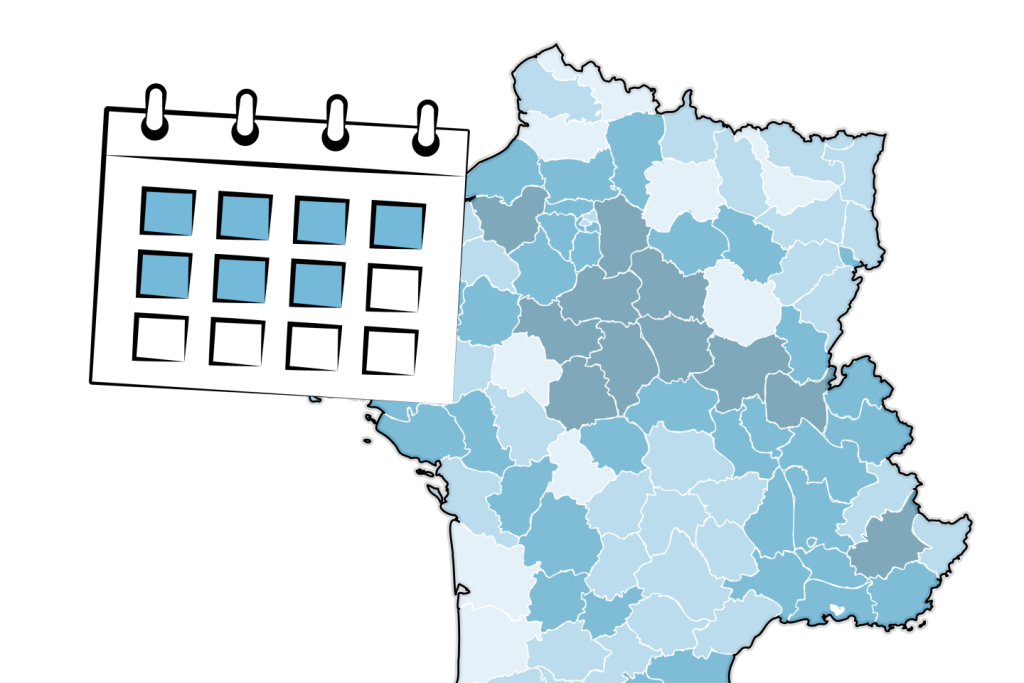According to a study conducted by the Fondation Jean Jaurès using data from the Doctolib platform, the average wait time for a general practitioner appointment is three days, seven days for a pediatrician, twenty-five days for an ophthalmologist, thirty-six days for a dermatologist, and forty-two days for a cardiologist. These figures shed light on the current state of access to healthcare in France and paint a more nuanced picture than expected. The study was based on data from 70,000 healthcare professionals who use Doctolib’s services, representing between 30% and 50% of all liberal doctors, and covering 200 million appointments booked on the platform, including five million teleconsultations.
The study does have limitations, as it only captures a partial view of access to healthcare, excluding patients who were unable to secure an appointment and gave up trying, as well as those who booked appointments through other means. Despite these limitations, the data is valuable in sparking public debate on the issue of medical deserts, which is notoriously difficult to quantify. Access to healthcare is a top concern for the French population, and these findings provide valuable insights into the availability of services in different medical specialties, including general medicine, pediatrics, dentistry, midwifery, physiotherapy, ophthalmology, psychiatry, cardiology, dermatology, and gynecology.
The study found that wait times for general practitioners, pediatricians, midwives, physiotherapists, dentists, and other primary care providers have remained relatively stable between 2021 and 2023, with appointment wait times typically below fifteen days. However, access to specialist care in fields such as psychiatry, gynecology, and ophthalmology usually requires less than a month, while dermatology and cardiology appointments may take longer to secure. This suggests that while there may be concerns about patients struggling to find timely care, the overall situation in primary care does not seem to have dramatically worsened in recent years.
The data presented in the study should serve as a starting point for further analysis and discussion on how to improve access to healthcare for all individuals in France. By highlighting the discrepancies in appointment wait times across different medical specialties, policymakers and healthcare providers can identify areas that require additional resources and support, such as addressing shortages of certain specialists or implementing measures to streamline appointment booking processes. Ultimately, the goal is to ensure that all patients have timely access to the care they need and to reduce inequalities in healthcare access that may exist in certain regions or population groups. Achieving this will require collaboration between stakeholders in the healthcare system and a commitment to addressing challenges in accessing care.


